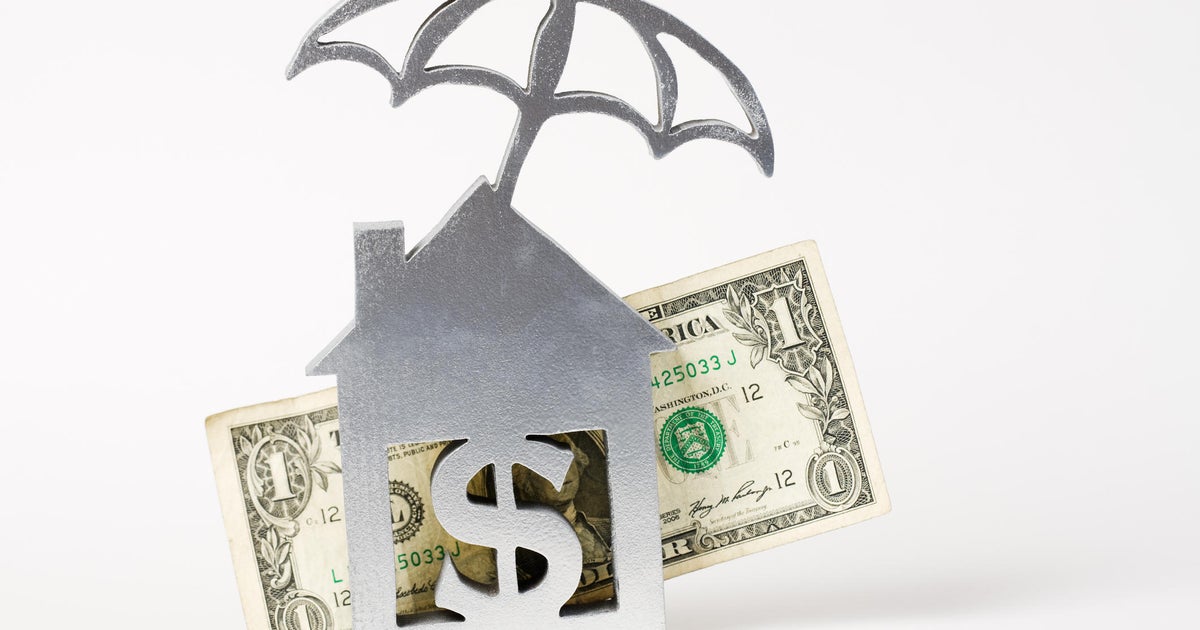Home equity loan dos and don'ts to know
Your home equity can come in handy when you're in a financial pinch. Whether you need to take care of home repairs, consolidate high interest credit card debt or cover a number of other potential expenses, your home equity could be the solution to your financial blues. Home equity loans are generally easy to access and typically come with far lower interest rates than personal loans and credit cards. Moreover, the average American homeowner has quite a bit of equity available.
Although home equity loans are widely available and come at a relatively low cost compared to unsecured lending options, they can have a negative impact on your financial stability if you use them improperly. But what should you, and shouldn't you, do with home equity loans? Below, we'll break down some important home equity dos and don'ts that owners should know.
Find out how much home equity you can tap into now.
Home equity loan dos and don'ts to know
"A home equity loan can be a great financial tool," explains Derek Miser, investment advisor and CEO at Miser Wealth Partners in Knoxville, Tennessee. However, "it's important to understand the dos and don'ts prior to using one." Here are some of the most important home equity loan dos and don'ts to know:
Do: Review your financial needs
"First and foremost, you need to review your financial needs," explains Miser. "Understand why you need the funds from a home equity loan and determine how much you need. Typically, home equity loans are used for home improvements, debt consolidation, emergency expenses, etc."
For example, say you need to replace your roof. Rather than blindly taking out a home equity loan for what you think a roof replacement might cost, reach out to contractors for quotes. Since quotes aren't always 100% accurate it's a good idea to take out a loan for 10% more than the quote. So, if you expect your new roof to cost $10,000, you should consider an $11,000 home equity loan.
Use your home equity to access the money you need now.
Don't: Borrow more than you need
"You want to ensure you don't borrow more than you need," says Miser. "Doing so can lead you to overextend yourself, ending in financial strain or even foreclosure, if payments cannot be made."
Sure, it's OK to borrow 10% more than you've been quoted for a job, but you shouldn't borrow simply for the sake of borrowing. Using the example above, if you need $10,000 for a new roof, it's OK to take out a home equity loan for $11,000. But you shouldn't take one out for $20,000 for the sake of filling your pockets with additional spending cash.
Do: Compare lenders
"As with any large financial decision, shop around and compare rates and terms to find the option that works best," explains Austin Niemiec, chief revenue officer for Rocket Mortgage.
Miser agrees, saying, "often, banks, credit unions and online lenders offer different rates, fees and repayment terms. Those should all be taken into consideration."
Don't: Forget your regular mortgage payment
"You'll also want to make sure you don't forget to pay your regular mortgage payment. This will still be required on top of the home equity loan payment," explains Miser. Be sure to consider this before you apply, too. You wouldn't want to take out a loan, only to find that when the payment is added to your current mortgage, you struggle to afford it.
Do: Understand the equity in your home
"It is important that homeowners fully understand the equity in their home - specifically the current value and the equity prior to applying for this type of loan," explains Niemiec. So, you may want to start with an appraisal and compare the results to the remaining balance on your mortgage to determine how much home equity you actually have.
Don't: Fail to have a repayment plan
Miser says it's important to know how you'll pay your loan back before you apply. "If you don't have a clear plan for repaying the loan, then you probably shouldn't get it. Make sure you can comfortably manage payments for the entire loan term prior to borrowing."
Do: Use the funds for their intended purpose
"Finally, ensure you only use the funds for the intended purpose," says Miser. "If you're taking out money for an emergency, don't apply the funds towards something that isn't part of that emergency." After all, if you spend the money on something other than what you took the loan out for, you'll find yourself in the same position as you were before, but with a new loan payment on top of the existing financial hardship.
Find out how affordable home equity loans can be today.
The bottom line
Your home equity can be a valuable financial tool. But if you use it incorrectly, it can be a dangerous proposition. It's important to consider your financial goals and how a home equity loan might fit into those goals when you decide whether or not to borrow against your home's equity.
for more features.





